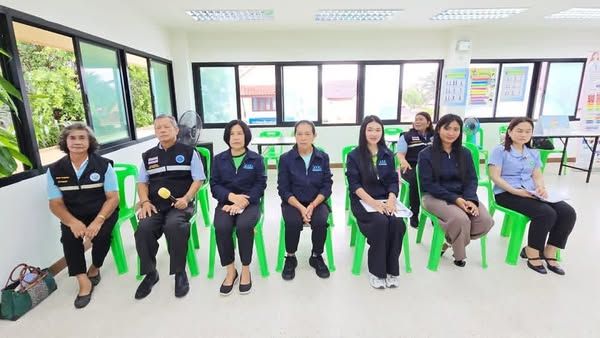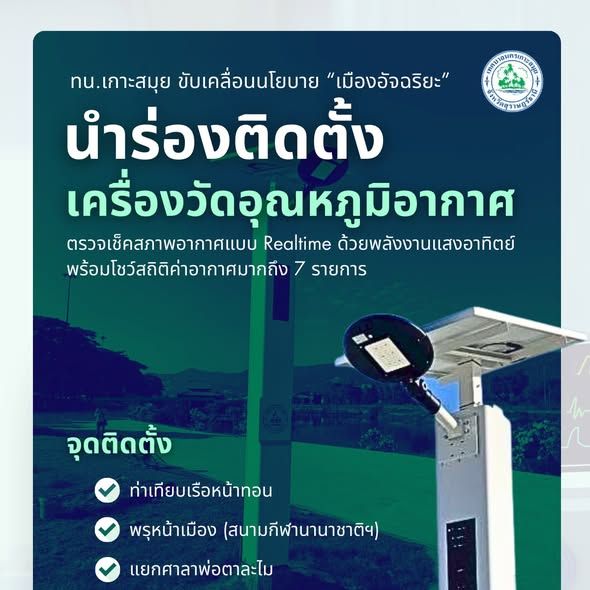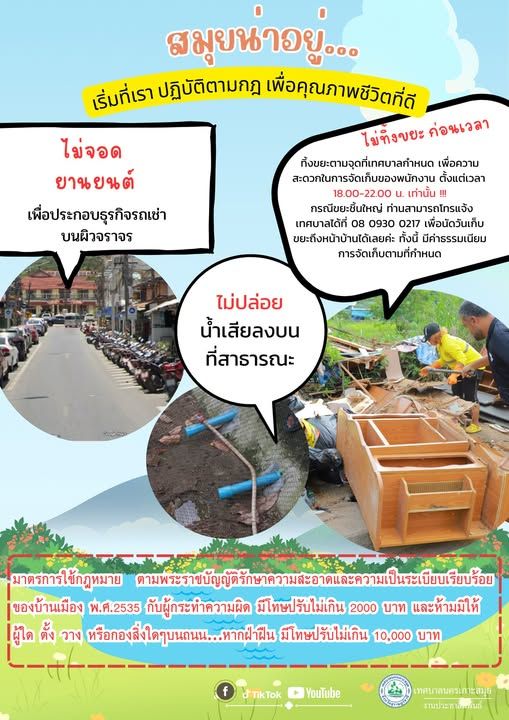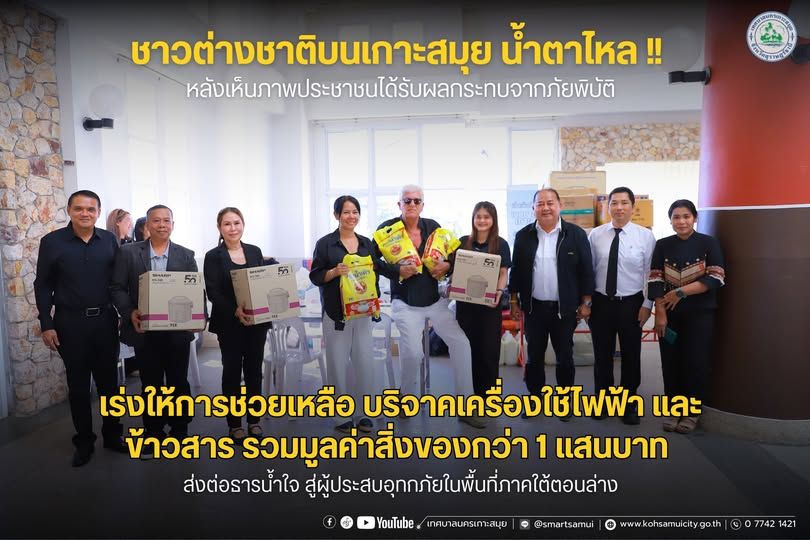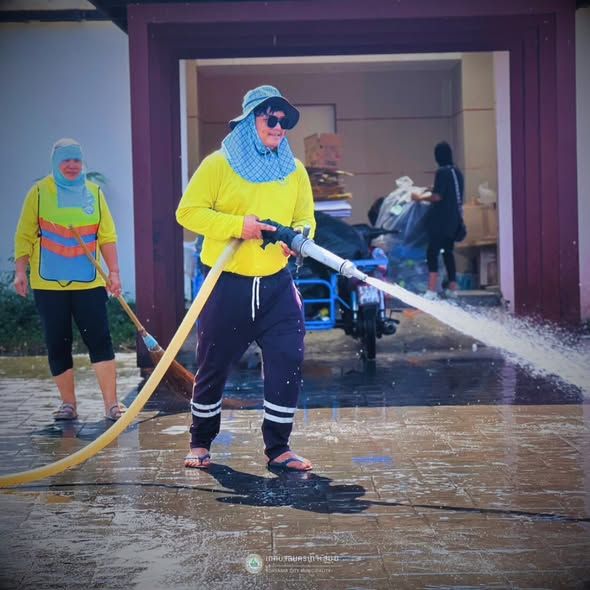Ang Thong’s “Volunteers Care: Thais Away from NCDs” project is a resounding success, with all 80 at-risk participants improving health behaviors thanks to dedicated Village Health Volunteers and Koh Samui Municipality support.
This initiative, based at Ang Thong Subdistrict Health Promoting Hospital, is a game-changer for non-communicable disease prevention.
AngThong #HealthProject #NCDsPrevention #VolunteerPower #CommunityHealth #KohSamui #ThailandHealthcare #HealthyLiving #PublicHealth #SuccessStory
Overview of the Project
The “Volunteers Care: Thais Away from NCDs” initiative was launched to address the increasing prevalence of non-communicable diseases (NCDs) among at-risk populations in Ang Thong. Organized by Village Health Volunteers and supported by the Koh Samui Municipality Health Security Fund, the project focuses on educating and empowering working-age adults and the general public about preventive health behaviors.
Site Visit and Monitoring Activities
On October 22, 2025, members of the National Health Security Office (NHSO) Fund Committee visited the Ang Thong Subdistrict Health Promoting Hospital. The purpose of the visit was to monitor, evaluate, and ensure that the project’s objectives and processes were being effectively implemented.
Target Group and Implementation
The project’s primary beneficiaries were 80 individuals identified as being at risk for NCDs, including conditions like diabetes, hypertension, and cardiovascular diseases. Village Health Volunteers conducted regular educational sessions, workshops, and health screenings. These activities aimed to raise awareness about risk factors, promote healthy living, and support participants in making sustainable lifestyle changes.
Evaluation Results
The evaluation highlighted that the project strictly adhered to established criteria and procedures. All targeted individuals received tailored interventions designed to address their specific health risks. Notably, the assessment confirmed that 100% of the at-risk participants successfully adopted improved health behaviors, marking a significant accomplishment in disease prevention efforts.
Project Activities and Support
The project’s success was made possible through the collaboration of local health volunteers, Ang Thong Subdistrict Health Promoting Hospital staff, and funding from the Koh Samui Municipality Health Security Fund. Activities included:
- Personalized health counseling
- Group workshops on nutrition, exercise, and stress management
- Regular health check-ups and monitoring
- Distribution of educational materials
- Community events promoting a healthy lifestyle
Broader Impact and Community Involvement
This initiative demonstrates the effectiveness of community-based health promotion, particularly in rural and semi-urban settings. By utilizing local volunteers and resources, the project was able to achieve comprehensive outreach and foster a supportive environment for behavior change. The model used in Ang Thong may serve as a reference for similar projects in other regions aiming to reduce the burden of NCDs.
Frequently Asked Questions
FAQ: “Volunteers Care: Thais Away from NCDs” Project
What is the main purpose of the “Volunteers Care: Thais Away from NCDs” project?
The primary goal of the project is to prevent non-communicable diseases (NCDs) among at-risk individuals in Ang Thong by educating and empowering them to adopt healthier behaviors. This is achieved through the efforts of Village Health Volunteers and support from the Koh Samui Municipality Health Security Fund.
How did the project support participants in improving their health behaviors?
Participants received personalized health counseling, attended group workshops on nutrition and exercise, benefited from regular health check-ups, and gained access to educational materials. The project also organized community events to promote healthy living, all coordinated by village volunteers and local hospital staff.
What were the outcomes of the project’s evaluation by the NHSO Fund Committee?
The NHSO Fund Committee found that 100% of the 80 at-risk participants adopted improved health behaviors. The project met all established criteria and procedures, demonstrating significant success and serving as a model for community-based NCD prevention initiatives.
